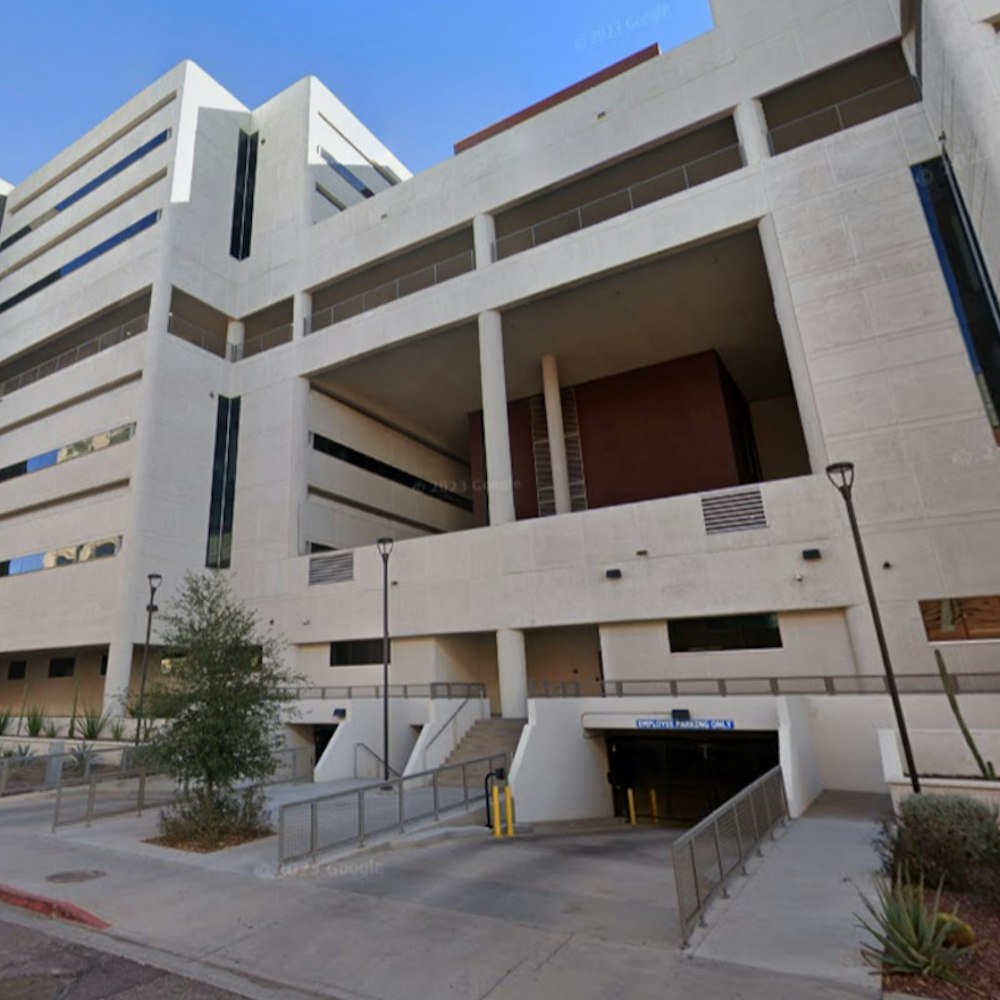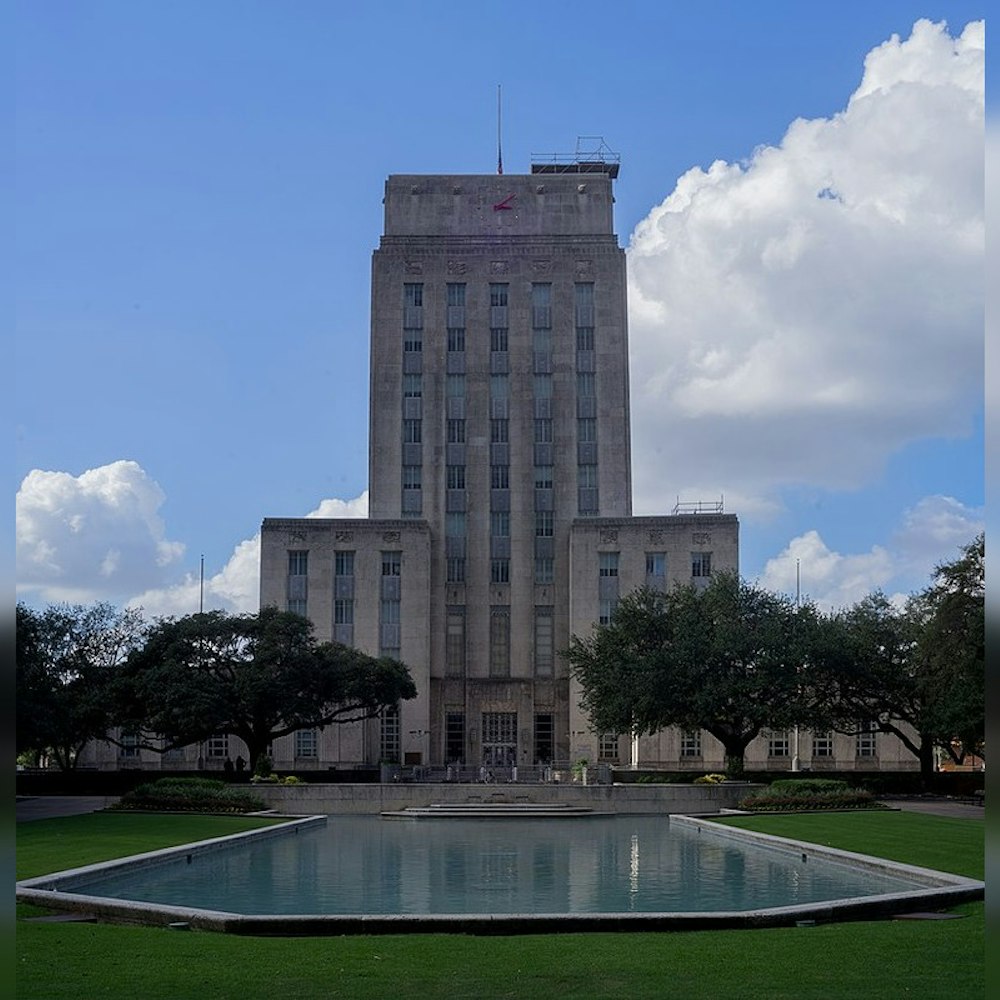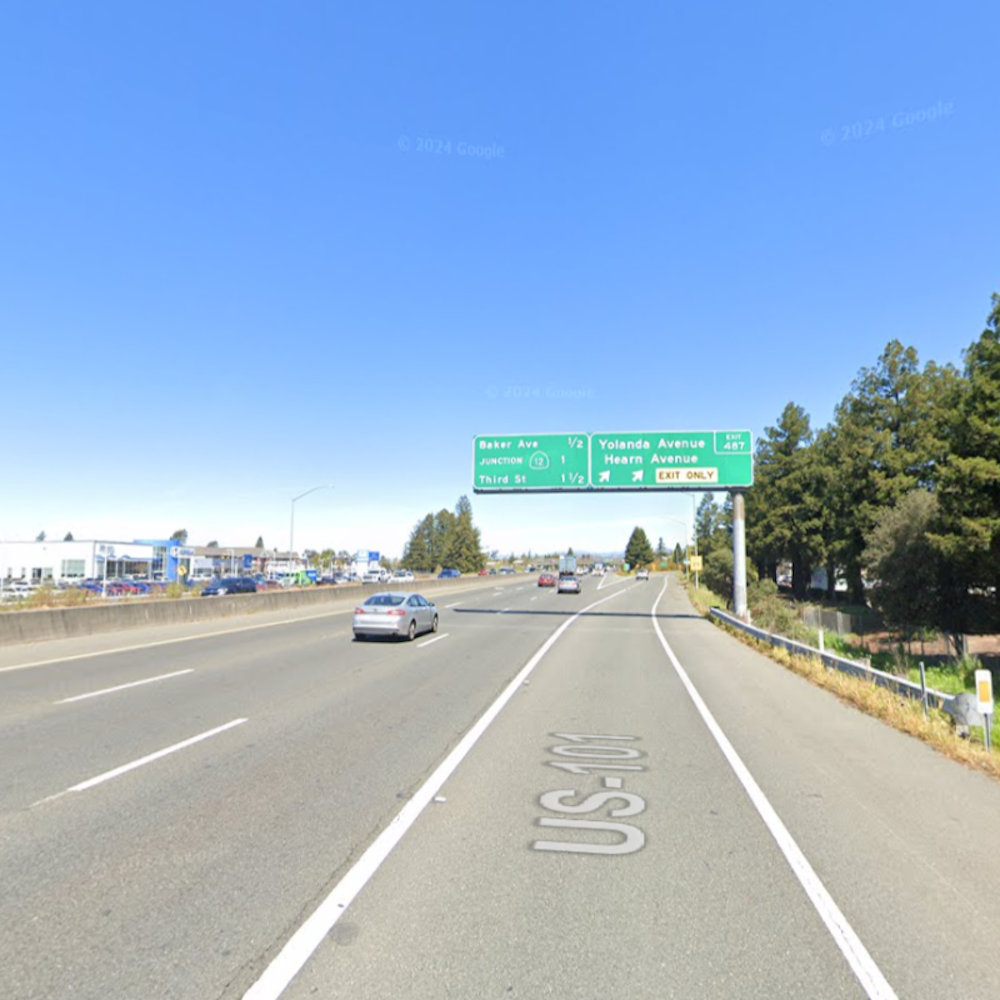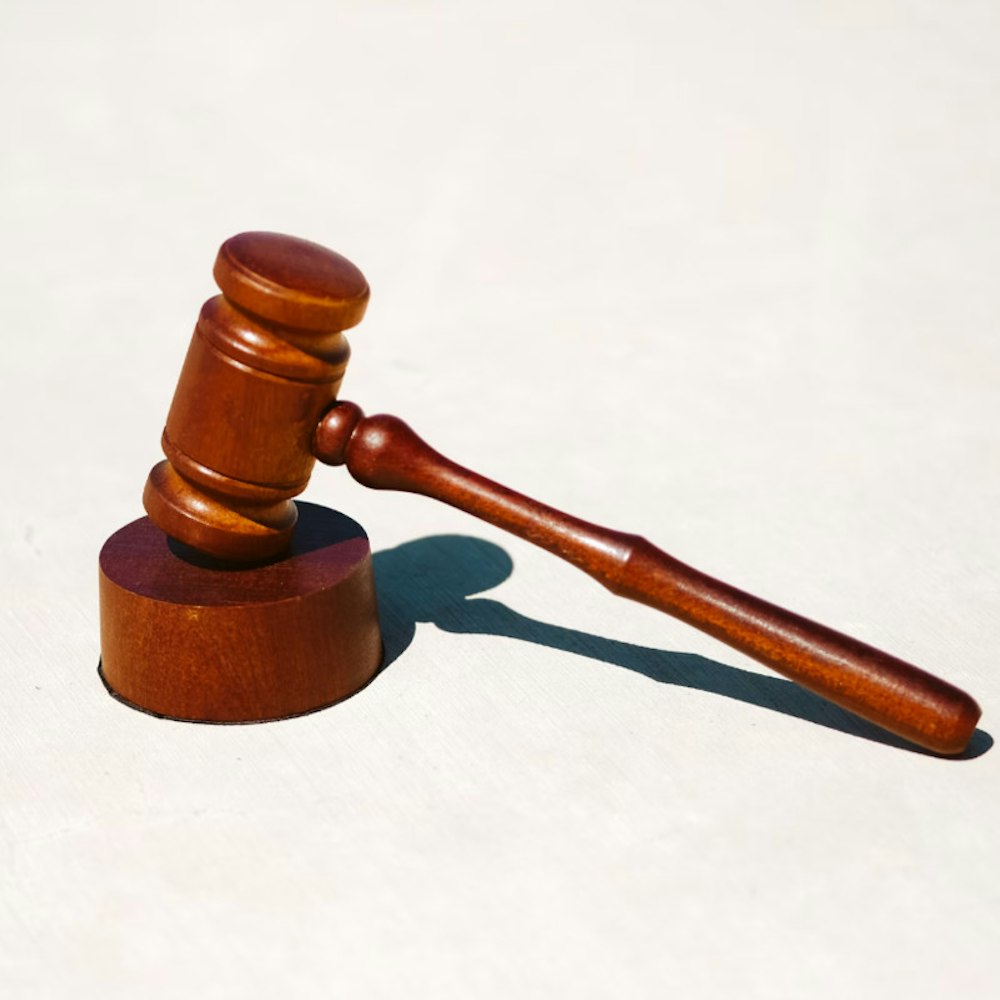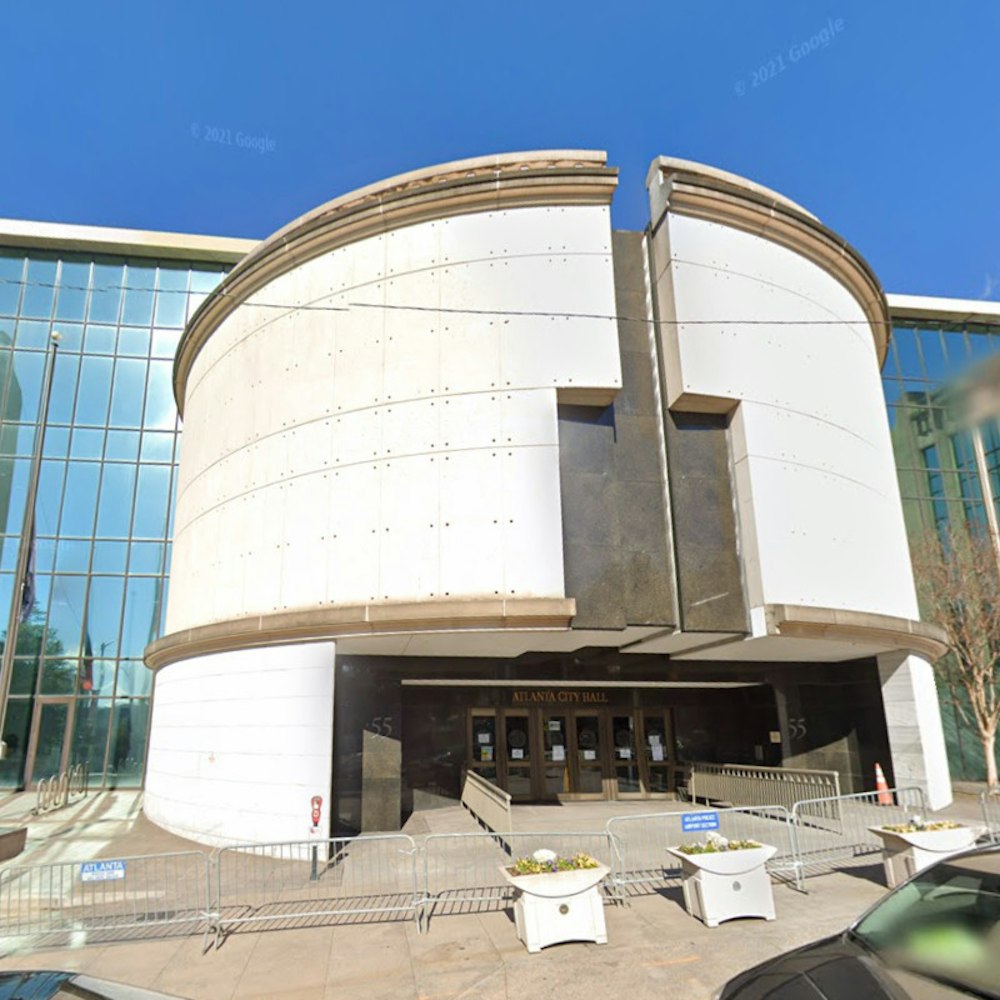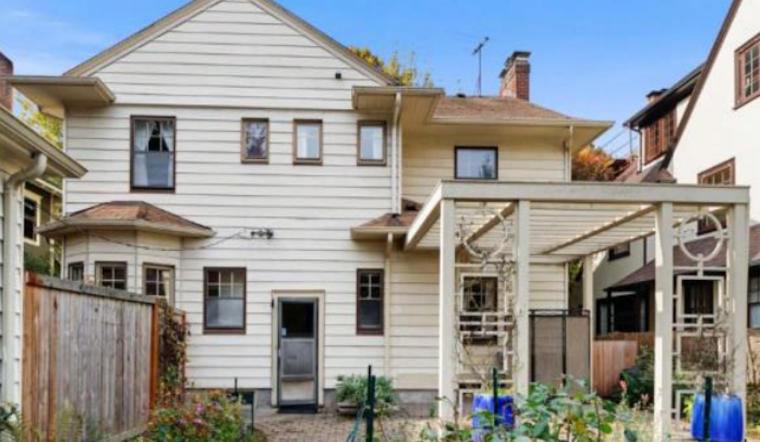
Portland's cityscape is poised for a change as the Portland Bureau of Development Services announced a recent land use decision that will impact the historic fabric of 2236 NE 20th Avenue. According to a notice published on March 19, The Historic Resource Review has agreed to application LU 24-009106 HR, marking a shift in the development narrative for this portion of the city.
While details of the decision are yet to unravel fully, what's clear is that the bureau deems the move in alignment with Portland’s growth and conservation policies – balancing modern development needs with respect for the city’s storied past, the decision reflects a dialogue between progression and preservation that city planners often grapple with, especially in areas with a rich historical background, such as the one that 2236 NE 20th Avenue finds itself in, touching on that delicate balance. Staying true to the city's architectural heritage while fostering development, officials are walking a tightrope to satisfy both progress and preservationist tendencies.
The notice, while brief, disclosed the vital approval necessary for the project to advance, encapsulating the continuous interplay between urban development and historical conservation. Neighbors and interested parties had the opportunity to voice their concerns or support for the project before the decision was rendered, illustrating Portland's commitment to community engagement in the planning process—a commitment not just to bricks and mortar but to the people who inhabit the spaces between them.
Further details regarding the specifics of the development and the conditions stipulated by the Historic Resource Review remain to be elaborated upon, the decision's impact is undeniable, forging a path for future developments to consider the complexities of historical significance in a rapidly evolving urban landscape, observers now look on with a mix of anticipation and concern, as the once familiar contours of their neighborhood prepare to embrace the next chapter of its existence—the unfolding of these changes will, without a doubt, be watched closely by stakeholders across the spectrum.
Civic discourse and the intricate processes of city planning continue to shape the Portland we witness today and the one we will inhabit tomorrow. This decision signifies one more step in a convoluted dance of growth, respect for history, and community dynamics that characterizes the ever-evolving story of urban development.


